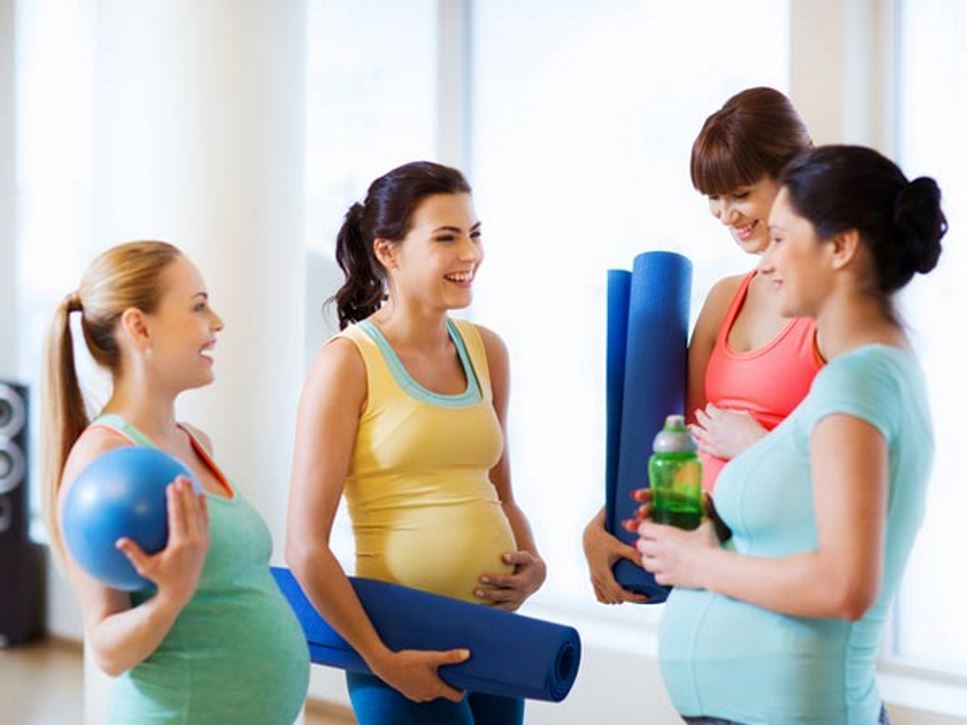Does being pregnant mean saying goodbye to swimming, tennis or another sport you enjoy? Not necessarily.
For most pregnancies, mild to moderate physical activity benefits mom and won't negatively affect baby. Being physically active during pregnancy offers women many health benefits, among them a psychological lift, better aerobic fitness and a lower risk of excessive weight gain. These are other benefits:
- Improved mood
- Increased strength, muscle tone and stamina
- Reduced leg and back pain, constipation, swelling and bloating
- Better blood circulation
- Improved posture and balance
- More restful sleep
- Stress management
- Reduced risk of preeclampsia and gestational diabetes
- Preparation for labor and childbirth
According to the 2018 Physical Activity Guidelines for Americans, healthy women with uncomplicated pregnancies should get at least 2 hours and 30 minutes (150 minutes) of moderate-intensity aerobic activity, spread throughout the week.
Women who regularly engage in vigorous-intensity aerobic activity or high amounts of physical activity should talk to their health care provider about their activity level throughout their pregnancy. Often, they may be able to continue their activity provided that their condition remains unchanged. Even if you didn't exercise before pregnancy, it's a good idea to include moderate-intensity physical activity during pregnancy. Talk to your health care provider about how to get started.
Exercise Ideas for Pregnant Women
Some forms of activity are safer than others during pregnancy. Try these forms of physical activity and incorporate your favorites into your daily routine:
- Walking
- Swimming
- Cycling on a stationary bike
- Strength training
- Low-impact aerobic training
Avoid these forms of physical activity while pregnant:
- Contact sports such as soccer and basketball
- Heavy weightlifting that involves straining
- Hot yoga
- Hiking at high altitudes
- Kickboxing
- Downhill skiing or snowboarding
- Horseback riding
- Roller skating and ice skating
- Bike riding
If you experience dizziness, chest pain, difficulty breathing, contractions or vaginal bleeding while exercising, stop immediately and contact your health care provider.
Remember to eat a varied and balanced diet with enough calories to support your baby and your own needs while meeting the physical demands of your activity. Fluid replacement has even more health implications during pregnancy as your own and your baby's blood volume increases. If you don't drink enough fluids, you're at greater risk for dehydration and overheating; early in pregnancy, that can affect the development of your unborn baby. Stay hydrated throughout the day with plenty of water. Most pregnant women need about 13 cups of fluid every day.
References
Find a Nutrition Expert
Looking for credible nutrition information and recommendations? The Academy of Nutrition and Dietetics' network of credentialed food and nutrition practitioners are ready to help!

